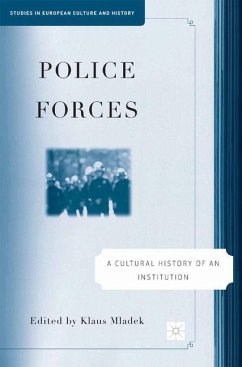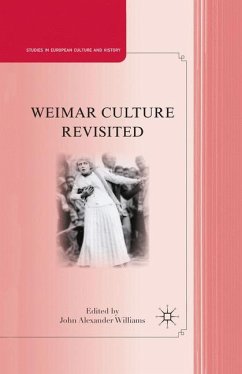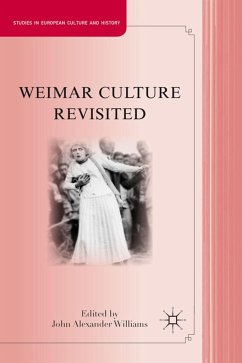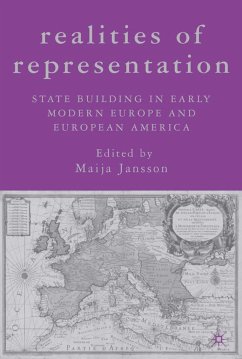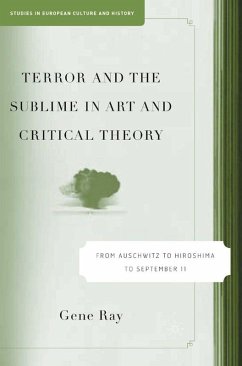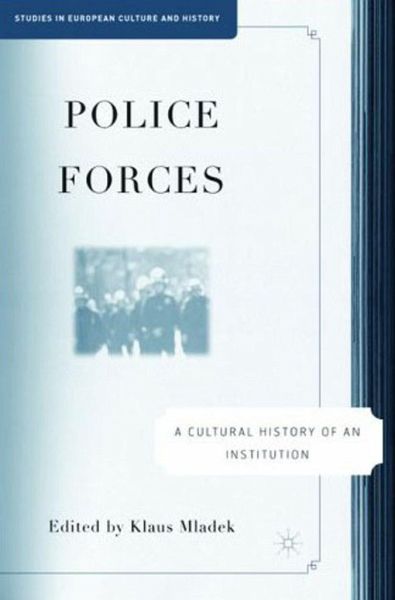
Police Forces: A Cultural History of an Institution

PAYBACK Punkte
19 °P sammeln!
This collection focuses on the cultural history of the police as an institution from the sixteenth to the twentieth centuries. Contrary to most studies on the law and the state, Police Forces demonstrates how profoundly modern democracies are enveloped by more informal and less codified modes of social control. In a time when the rule of law appears to be on the retreat, 'police studies' emerges as a field in its own right. This volume helps stake out this new discipline, including the intricate link between police and the law, 'might' and 'right,' state violence, surveillance technologies, po...
This collection focuses on the cultural history of the police as an institution from the sixteenth to the twentieth centuries. Contrary to most studies on the law and the state, Police Forces demonstrates how profoundly modern democracies are enveloped by more informal and less codified modes of social control. In a time when the rule of law appears to be on the retreat, 'police studies' emerges as a field in its own right. This volume helps stake out this new discipline, including the intricate link between police and the law, 'might' and 'right,' state violence, surveillance technologies, politics and resistance. Police Forces considers the question of law and order from below: alleyways, borders, police stations, law offices, bureaucracies, and the minds of administrators, in which the quotidian workings of the law unfold.





